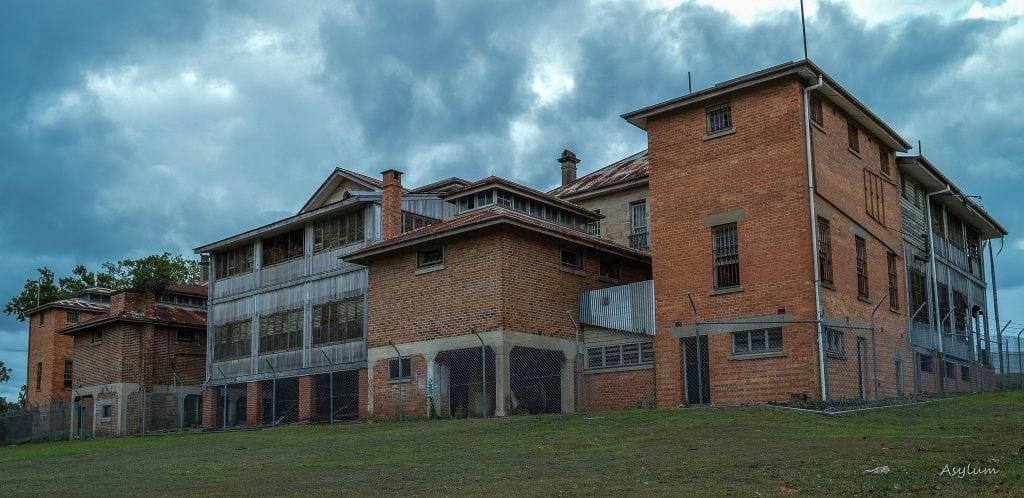Mental health legislation in 20 per cent of Commonwealth countries was passed before 1960.
The term “idiot” remains on the statutes of 10 Commonwealth countries. The law in many Commonwealth countries is in conflict with contemporary international human rights obligations towards people with mental illness. The roots of mental health legislation can often be traced to a bygone era. It’s time we de-colonised our minds.
‘The roots of mental health legislation can often be traced to a bygone era.’
The Commonwealth Foundation is not a mental health focussed organisation but we are committed to strengthening civic voice in policy reform. We funded a review of mental health laws across the Commonwealth five years ago. The final report – produced by the Commonwealth Health Professions Alliance (CHPA) and written by Dr Soumitra Pathare and Dr Jaya Sagade of the Indian Centre for Mental Health Law and Policy highlighted the dichotomy between existing laws and human rights. The CMNF identified two countries where policy reform was being considered. They applied to the Commonwealth Foundation for a grant to help make change happen and were successful.
One of the project’s countries is Seychelles and I was privileged to see for myself the way they are going about the process of reform. Seychelles was identified because of the willingness of lawmakers, and civil society (mental health and allied professionals and people with mental illness) to work together to address the policy challenge. The inclusion of people with mental illness in the process speaks to the Foundation’s core purpose of strengthening less heard voices.
Civil society has provided the impetus for reform but it has drawn strength from the support of the Minister for Health who impressed upon me the need for civic-state dialogue to make health services responsive to contemporary demands. The need for change is evident. The existing law is the Mental Health Act of 2006. Although relatively recent the legislation was passed before Seychelles signed the UN Convention on the Rights of Persons with Disabilities. I heard from mental health professionals that the law emphasises retaining people with mental illness in institutions rather than the treatment and rehabilitation of patients. As one mental health professional critiqued it’s about protecting “us” from “them.”
‘the law can help to either re-inforce or deconstruct social attitudes.’
A Mental Health Advisory Committee was established to steer the project in-country. It is chaired by the Chief Medical Officer and it brings together health professionals, policy specialists and service consumers. The Committee is supported by the CMNF and Dr Pathare and during my stay I sat in on their discussions. I heard how hard it is for people with mental illness to enjoy rights that we take for granted – to gain employment or to get insurance. I also heard how easy it is for people with mental illness to be incarcerated or restrained. The particular challenge of the stigma associated with mental illness in a small state was never far from the surface and it was recognised that the law can help to either re-inforce or deconstruct social attitudes.
Essential to the process of reform was the engagement of the Attorney-General’s office. I had the chance to meet with the newly appointed Attorney General and I was struck by his recognition of the importance of bringing his office nearer to people. His representative sat with the Committee as they pored over the new draft Act, line by line. The draft Act was then presented at an open meeting at the Seychelles Hospital. About forty people from all walks of life gathered: patients, politicians, police and practitioners. They attested to the need for change, called for more and targeted dialogue with particularly affected parts of society like young people. They want to see the Act passed and fully implemented. They want to see the new law make a difference and all were optimistic about the chances of the Act going before Parliament by next April.
Our colleagues on the Advisory Committee – public officials and civil society alike are committed to change. They agreed that there was no point in trying to change elements of the existing 2006 Act and are developing a national policy that will provide a framework for the new Act. They recognised that the spirit of the existing law was a ghost from a time long past. This was a time when administrators wrote laws to suit themselves and when it was presumed that people with mental illness were objects of charity rather than agents of their own destiny.
Colonial institutions are not just fine buildings that are well preserved but they are laws and practices that have also endured. While I’ve been here, discussions with Ministers, senior officials and civil society have all touched on the continuing relevance of the Commonwealth. In Seychelles they’ve taken a problem left behind by empire and addressed it using the empathy and solidarity that are the hallmark of the People’s Commonwealth.
Image credit: Flickr CC darkday








